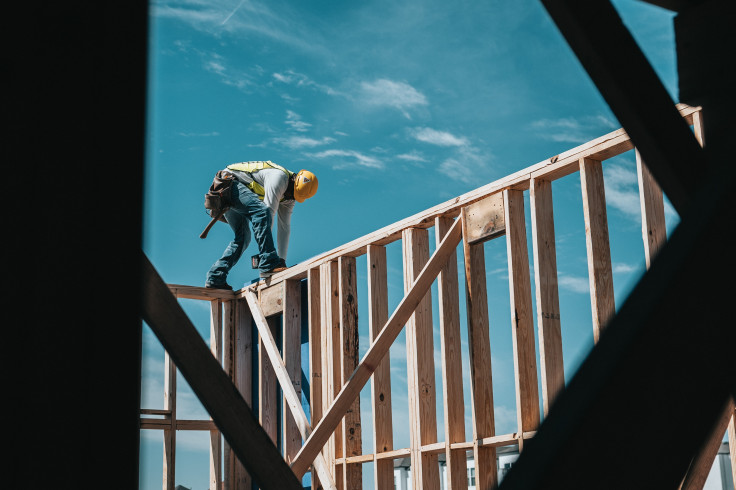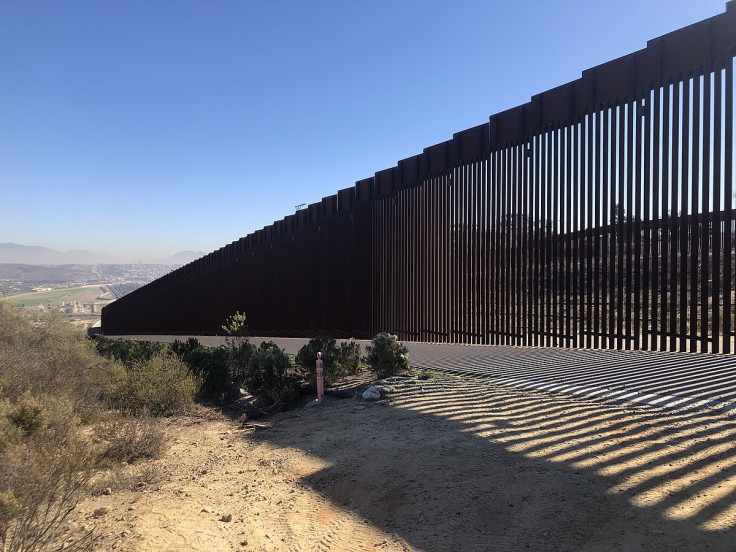
The U.S. economy keeps beating expectations, and immigration plays an outsized role in explaining this. A new report by the Washington Post delved into how the influx of people has strengthened the job market in a way that couldn't have been done with native workers only, boosting the country's post-pandemic rebound.
The outlet cites an analysis by the Economic Policy Institute, which shows that half of the labor market's recent growth can be explained by foreign-born workers over the past year. And before that, the study said, it helped close the labor force gap created by the pandemic.
"You can't grow like this with just the native workforce. It's not possible," said Pia Orrenius, vice president and senior economist at the Federal Reserve Bank of Dallas.
The Congressional Budget Office provided more figures, showing that the labor force grew by 5.2 million people last year, and net immigration could explain most of that. It also projects that the economy will grow by an additional $7 trillion over the next decade because of this.
And the trend is still moving upwards: the National Association for Business Economics released on Monday a survey forecasting stronger growth than expected before. Concretely, the economists surveyed now believe that the economy will grow by 2.2% this year after adjusting for inflation, compared to 1.3% in November. The survey also more than doubled its estimates for the amount of jobs created throughout the year.
The report also tackles the notion that increased immigration can drag down wages, as new arrivals can be willing to work for less than people who are already in the country. And while it says that it can be the case in "normal economic times," it wasn't the case during the past year because "companies were desperate to hire."
Plus, it would be exceedingly difficult for immigration to affect the wages of enormous swaths of the labor force, Alex Nowrasteh, vice president for economic and social policy studies at the conservative Cato Institute, told the outlet.
"Experts argue that the strength of the U.S. economy has benefited American workers and foreign-born workers alike. Each group accounts for roughly half of the labor market's impressive year-over-year growth since January 2023, according to an Economic Policy Institute analysis that used three-month rolling averages in labor force participation to account for data volatility," the report added.
However, the public conversation in the U.S. is focused on a different approach: one that considers the soaring numbers of people crossing the southern border a crisis.
According to a new Gallup poll published on Tuesday, an increasingly growing number of Americans consider it to be the most important problem facing the country, above the government and the economy.

Overall, 28% of respondents said that was the case in February, an increase of eight percentage points compared to the previous month. It has surpassed the government (20%) and the combination of the "economy in general" (12%) and inflation (11%), over this time period.
The survey highlighted that Republicans are mostly responsible for the surge, as the percentage of those saying immigration was their top concern climbed from 37% to 57% in February. "Independents show a modest uptick, from 16% in January to 22% now, while there has been no meaningful change among Democrats (9% in January and 10% in February)," the poll showed.
The issue can pose an electoral risk for President Joe Biden heading into November's elections, as a vast majority of people in the U.S. believe his administration is not doing a good job addressing it, according to a new poll by the Pew Research Center.
34% of respondents saying it's doing a "somewhat bad" job and 45% saying it's doing a "very bad" job. When delving into party affiliation, almost 90% of Republicans and 73% of Democrats considered this to be the case.
Aware of the issue, the Biden administration has gone on offense, blaming Republicans of tanking a border security deal that would have allocated $15 billion to the issue and saying they did so for political purposes, as former President Donald Trump considers it a winning campaign issue.
The next related political event will take place on Thursday, as both Biden and Trump are set to visit different spots on the Texas-Mexico border.
© 2024 Latin Times. All rights reserved. Do not reproduce without permission.







